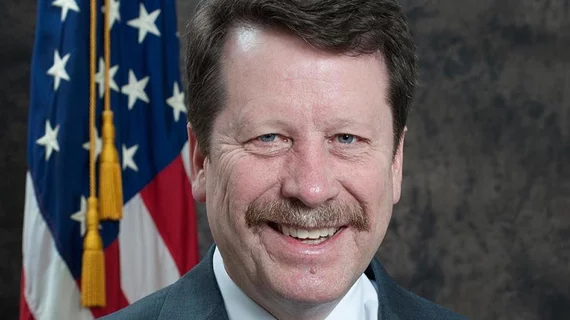American Heart Association responds to nomination of cardiologist Robert Califf for FDA commissioner
The American Heart Association (AHA) has endorsed President Joe Biden's nomination of cardiologist Robert Califf, MD, to be the next FDA commissioner.
“The next FDA commissioner has a central role to play to ensure equitable distribution of COVID-19 vaccines, exercise robust oversight of the tobacco industry, streamline the process of drug and device development and review, and other critical public health priorities. With a distinguished career in medicine and clinical research, which served him so well when he previously served as FDA commissioner, Dr. Califf is ideally suited to lead the agency at this particularly challenging time,” AHA CEO Nancy Brown said in a prepared statement.
The AHA pointed to Califf's healthcare experience as a big positive, saying it "brings a patient-centric and collaborative approach to his work that is critical to meeting the many challenges facing the FDA."
"He also brings enormous leadership experience honed through his prior tenure as FDA commissioner and as founding director of the Duke Clinical Research Institute,” Brown added.
The AHA statement also noted that Califf has been committed to the battle against heart disease and stroke. Among other things, the group wrote, the next FDA commissioner should pursue a goal of ensuring equitable healthcare including: “continuing to prioritize high-risk populations for COVID-19 vaccine distribution and mitigating disparities by race, sex, gender, disability status, health insurance status, citizenship status and geographic location.”
“We look forward to working with Dr. Califf, if confirmed, in support of the FDA’s critical efforts to promote public health and reduce the burden of chronic disease,” Brown said.
